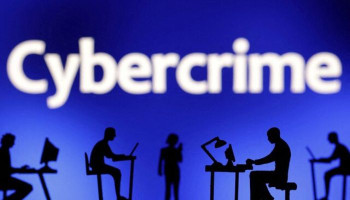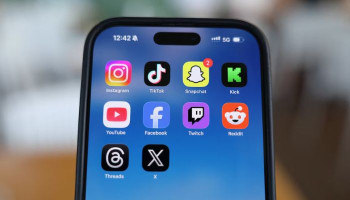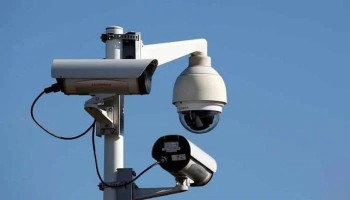
A federal judge chastised Google, a tech giant, for its "negligent" approach that led to the deletion of employee chat logs as closing arguments in a historic antitrust case concluded on April 26.
Justice Department prosecutors requested Judge Amit Mehta to punish Google for failing to retain evidence despite a court order and to determine that its actions were meant to hide anticompetitive behaviour. Whereas, Google has denied wrongdoing.
Mehta accused Google of being "negligent" in implementing the policy, which automatically deleted employee texts after 24 hours.
"Google's document retention policy leaves a lot to be desired," Mehta stated. "It's shocking to me that a company would leave it to its employees to decide when to preserve documents."
Mehta did not say if he would penalise Google for the policy. An attorney for the computer giant stated that the auto-erase policy was expressly revealed to plaintiffs years ago, contradicting the prosecutors' arguments that it demonstrated intent to destroy evidence.
In a separate federal complaint filed by "Fortnite" creator Epic Games, Google was previously sanctioned for the same evidence destruction charges.
Moreover, late last year, US District Judge James Donato noted that Google's "willful and intentional suppression of relevant evidence in this case is deeply troubling."
"This action is a direct assault on the fair administration of justice. It undermines due process. It throws into question the proper settlement of legal conflicts. "It is antithetical to our system," Donato stated last year.
The DOJ said that Google's market dominance allowed it to raise advertising costs, and used internal papers to show that the business has occasionally manipulated search results in a way that harms quality to increase profits.
"Only a monopolist can make a product worse and still make more money," DOJ attorney David Dahlquist stated.
Mehta sounded sceptical of the claim that Google, which controls 90% of the internet search industry, faced significant competition from those competitors.
"You really think that DuckDuckGo is a competitor on Google?" the court challenged Google's attorneys on Thursday.
The court also questioned the DOJ's assertions, noting that the feds would have a "hard road" to establish that Google has failed to innovate in online search during the previous decade.
Mehta is scheduled to rule on whether Google has an unlawful monopoly on internet search later this year. When the original court hearing ended last autumn, Mehta said he had "no idea" how he would decide in the case.
Before the final arguments, an unredacted document showed that Google paid Apple a stunning $20 billion in 2022 to be the default search engine for iPhones and other devices.
Google denied having a monopoly and stated that it confronts fierce competition in the internet search industry.
Whereas, the company describes the default bargains as fair competition and believes that the public prefers their search tool due to its quality.
The closing arguments came months after the witness evidence, which began in mid-September and lasted 10 weeks.
Key witnesses included Microsoft CEO Satya Nadella, who said that Google's default agreements rendered the idea of user choice in internet search "completely bogus." Moreover, last October, Google CEO Sundar Pichai, Apple executive Eddy Cue, and a cadre of economists, academicians, and business executives testified, providing details on how the company's search empire operates.
















